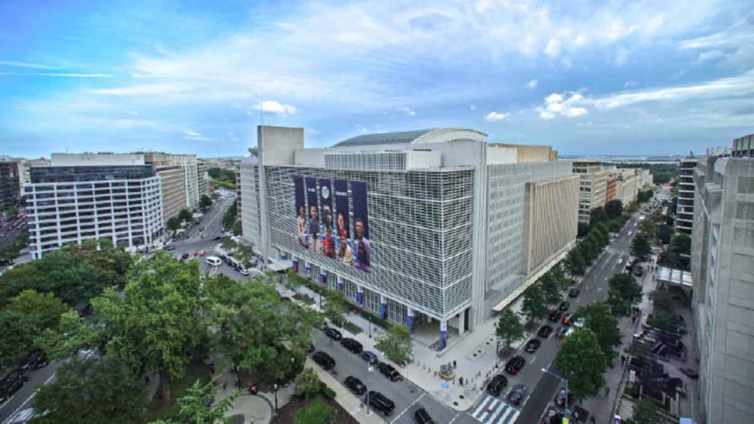A new World Bank report has revealed that Ghana had accumulated significant government arrears prior to Covid-19 pandemic.
This is far higher than the projected arrears post Covid-19.
The report dubbed “Finance for an Equitable Recovery" indicates that the percentage of the country’s arrears was estimated at almost 5% of the country’s Gross Domestic Product.
This ranked the nation 16th in sub-Saharan Africa with the highest government arrears.
It confirms concerns by some economists and analysts that the country’s fiscal situation was deteriorating prior to Covid-19. This was also heightened by the rising debt.
The report however urged governments including Ghana to mobilize new revenue to pay off debts incurred for the crisis response and preserve their ability to support the Covid-19 recovery, adding, the potential return to economic growth during the recovery will help.
“However, governments must also pursue complementary, longer-term structural policies to increase their revenue base. Most emerging economies, for example, lack the institutional capacity to tax incomes and instead rely primarily on taxing consumption”.
Scaling back the stimulus
The report said resource-constrained governments in the short term face the challenge of scaling back fiscal support to households and firms without dampening the recovery.
“In many countries, direct payments to households and firms have served as the main pillar of the crisis response and were designed to protect the livelihoods of economically disadvantaged groups—such as workers in the informal sector and those in unskilled occupations—and the survival of businesses in the sectors most severely affected by the crisis”.
However, it said, few countries have the resources to maintain these policies in the longer term, and in many cases countries will need to phase out support before economic activity has fully recovered.
Managing risks to financial stability
It also called for continued access to credit for households and businesses, saying, many households and businesses are at acute risk of losing access to formal credit as a result of the COVID-19 crisis.
“Such a loss could dampen the recovery because access to credit is an important insurance mechanism that strengthens the ability of households and firms to weather economic risks that might arise during an extended recovery”, it added.
Latest Stories
-
Ejura Sekyeredumase MP demands autopsy on resident who died in Police custody
1 hour -
Kusaas Diaspora Union launched to spearhead global unity, development
3 hours -
Bright Simmons: Mahama’s reduction of ministries to 23 amid calls for efficiency, cost-cutting
3 hours -
Maxwell Hanson seeks apology and compensation from Anim Addo over defamation claims
4 hours -
We listen, we don’t judge: What they don’t tell you about being an entrepreneur
4 hours -
Mahama orders Lands Commission to halt sale of State Lands
5 hours -
Chiesa on target as Liverpool ease past Accrington Stanley
5 hours -
Everton appoint Moyes as manager for second time
6 hours -
WACCE describes 2024 elections as one of the violent, deadliest in the 4th Republic
6 hours -
Volta Region movie industry stagnated, needs investors to push – stakeholders
6 hours -
Petition against Chief Justice reflects broader public concerns about Judiciary – Joyce Bawa
6 hours -
Northern Ghana won’t experience fuel shortage – NPA assures
6 hours -
Calm restored in Ejura after mob attack on Police Station
6 hours -
18-year-old herdsman remanded over murder of younger brother
6 hours -
GSTEP 2025 Challenge: Organisers seek to support gov’t efforts to tackle youth unemployment
8 hours

